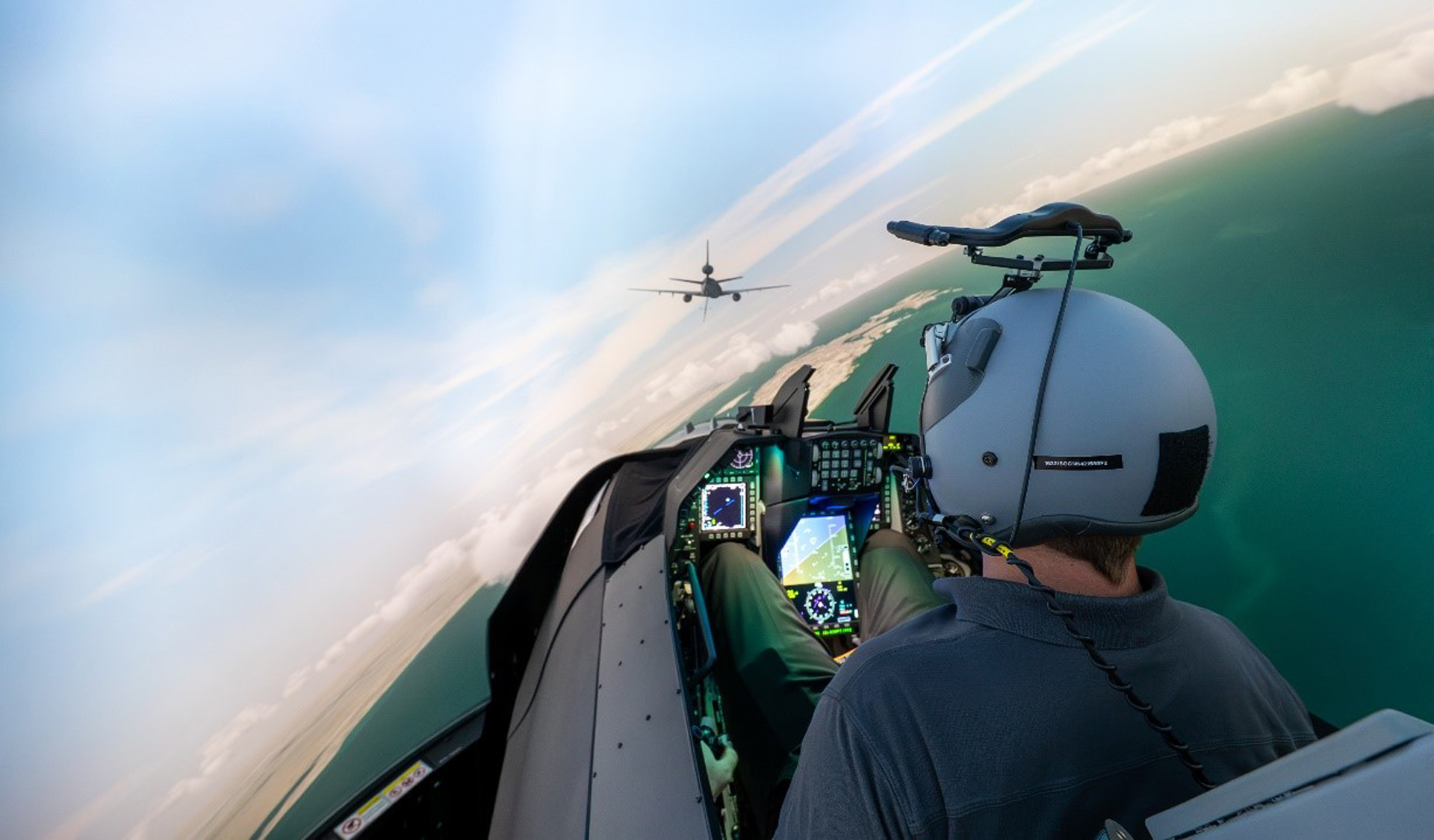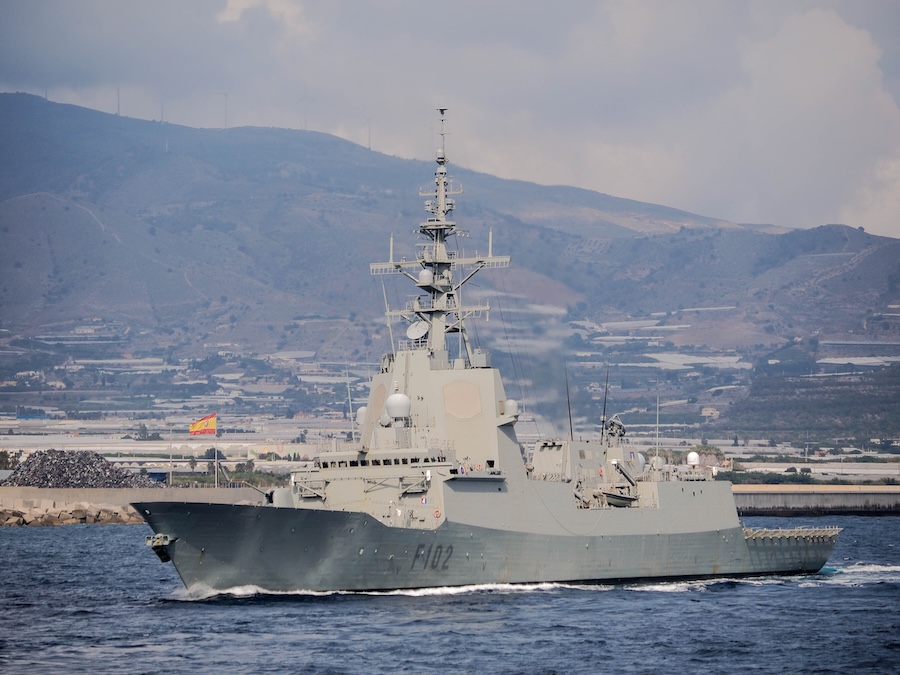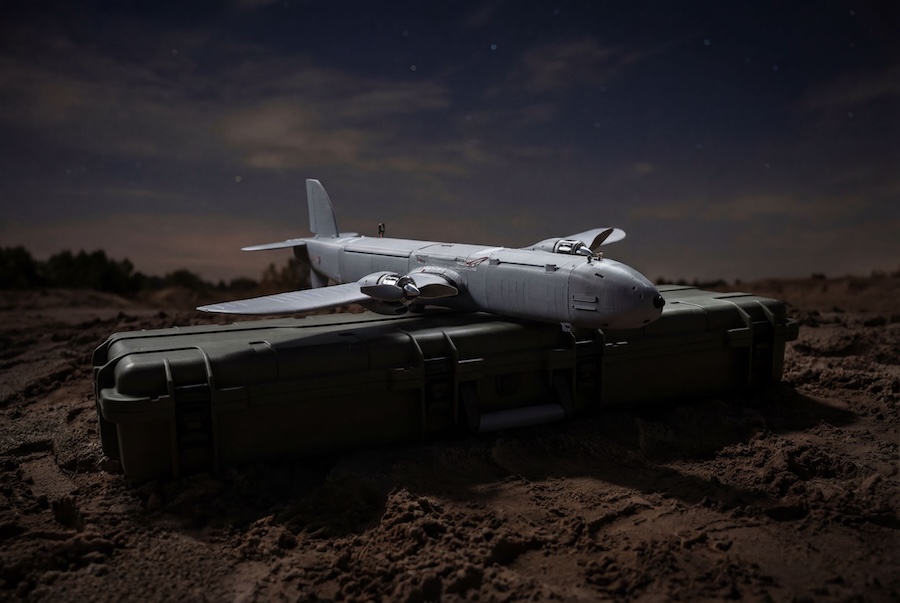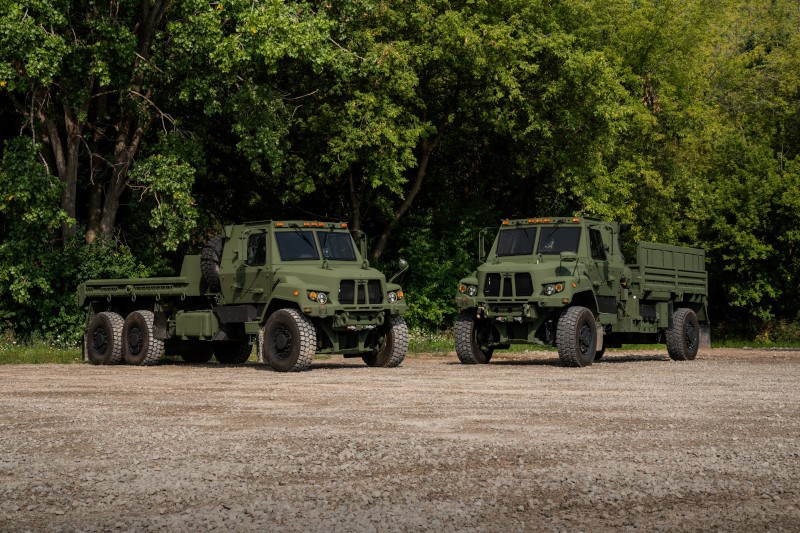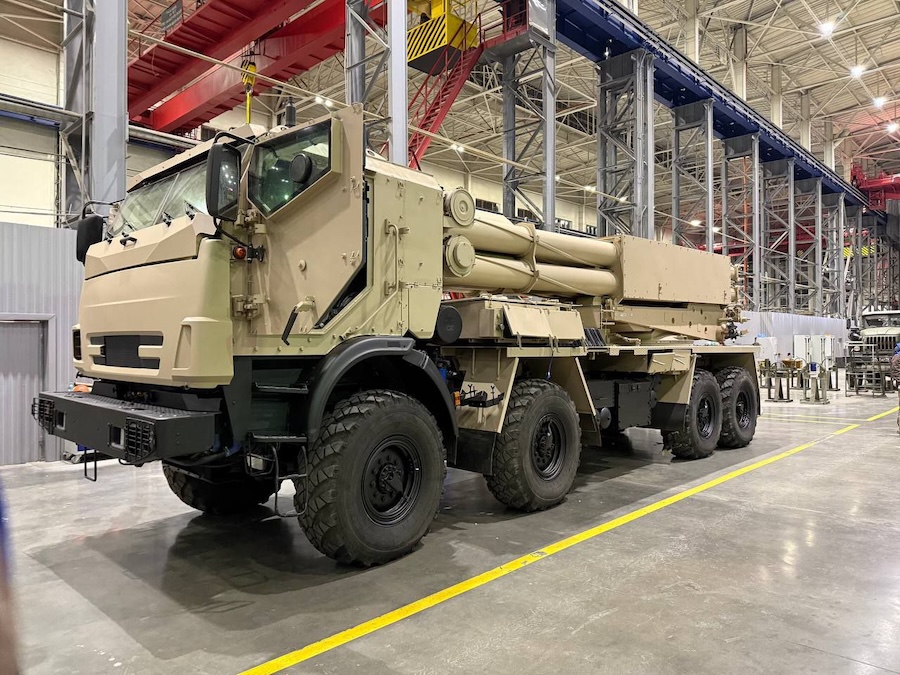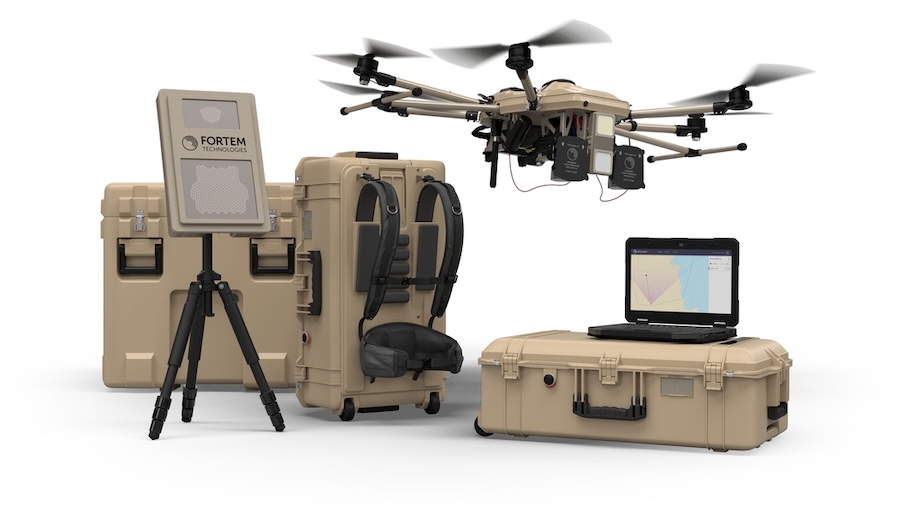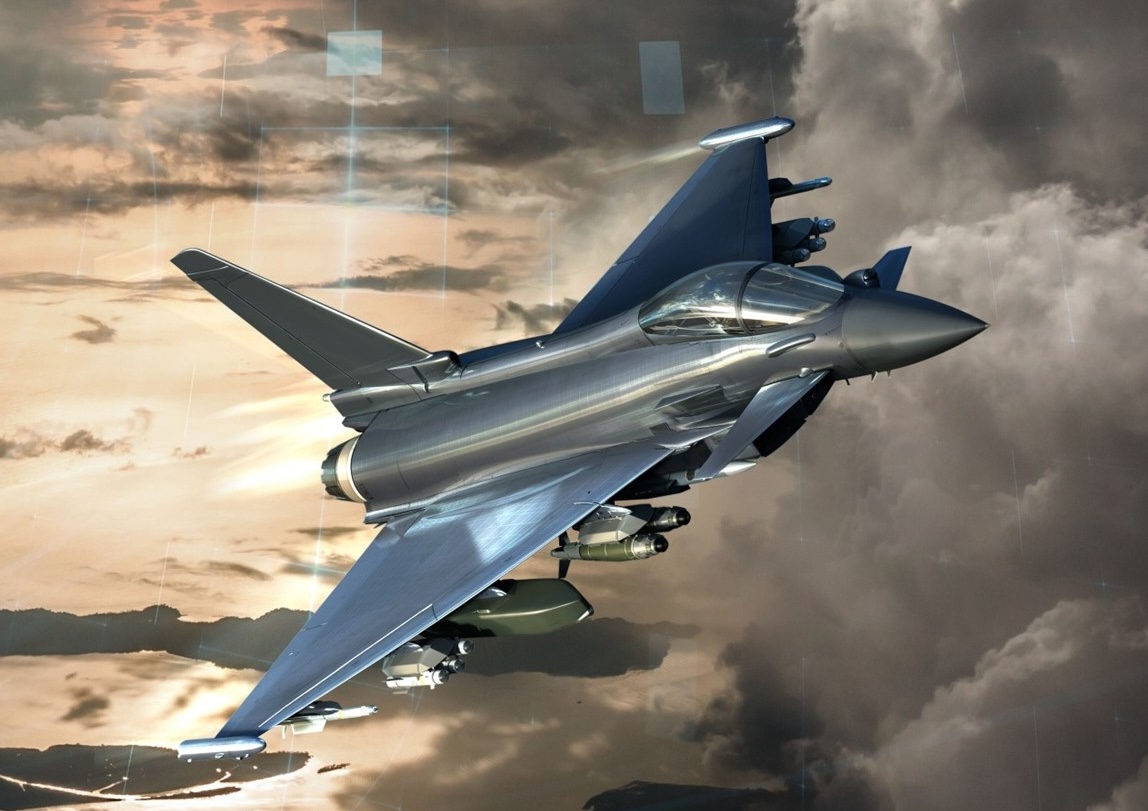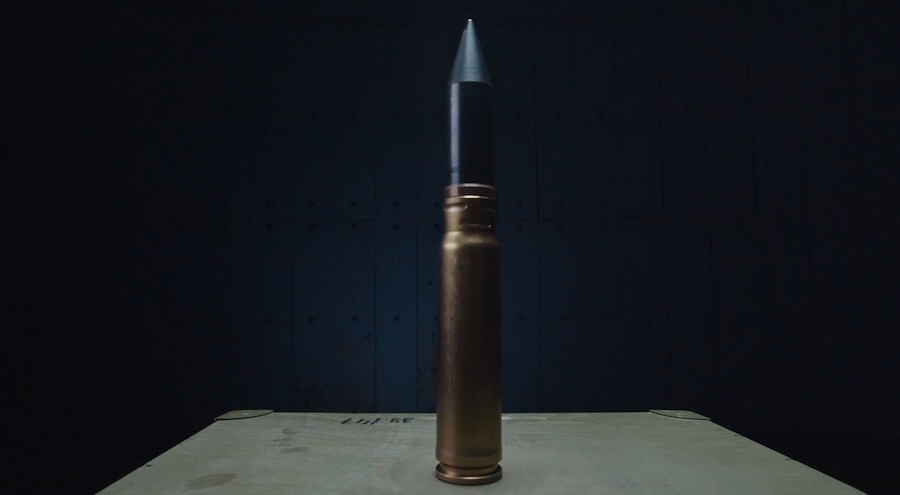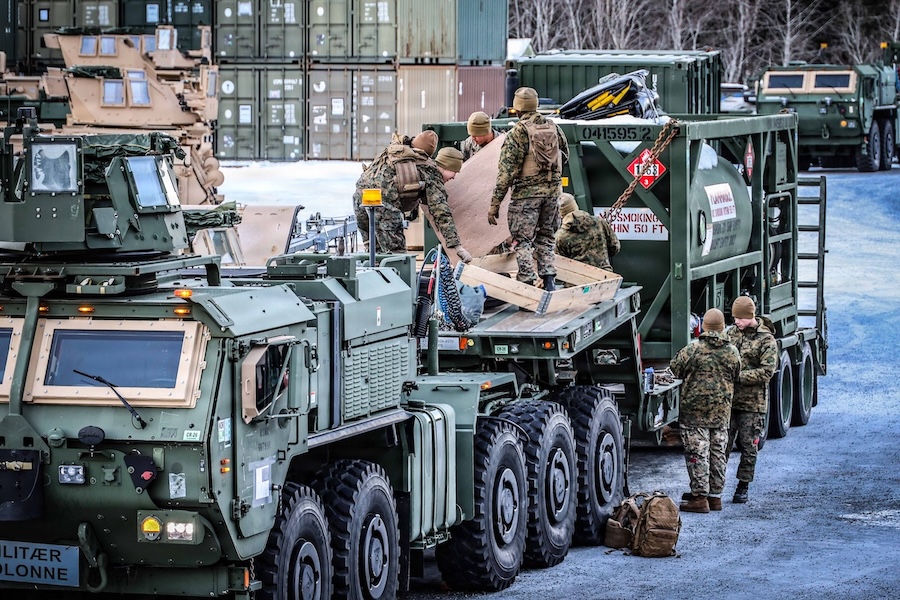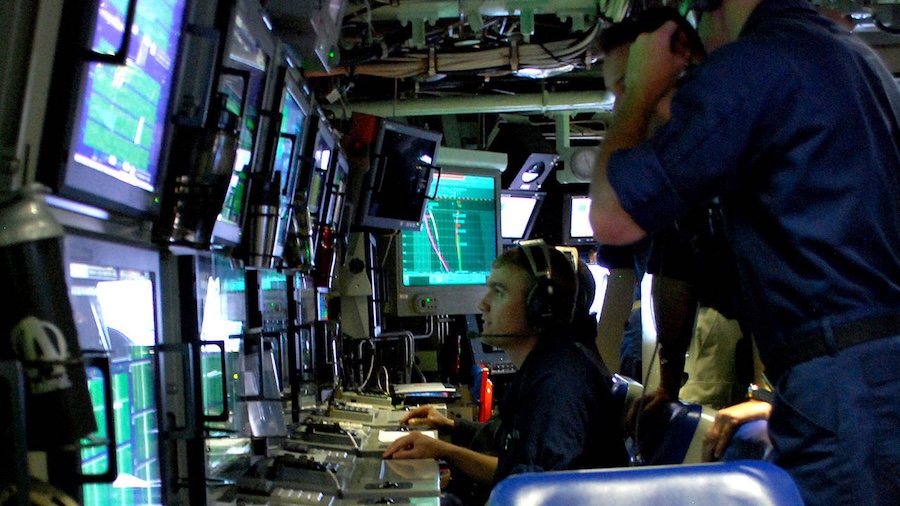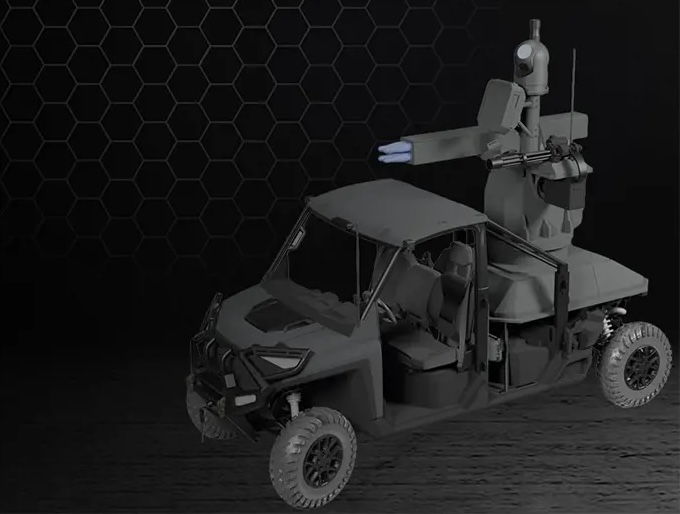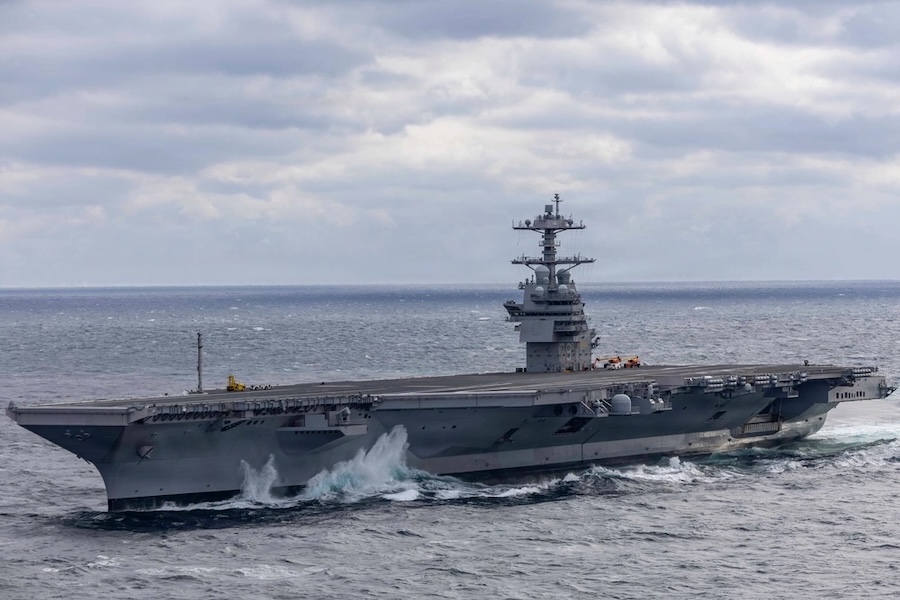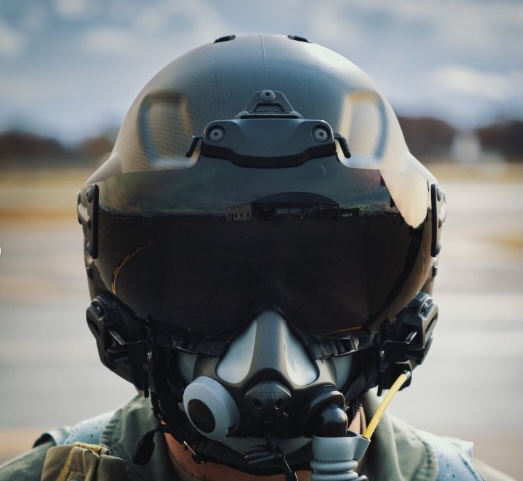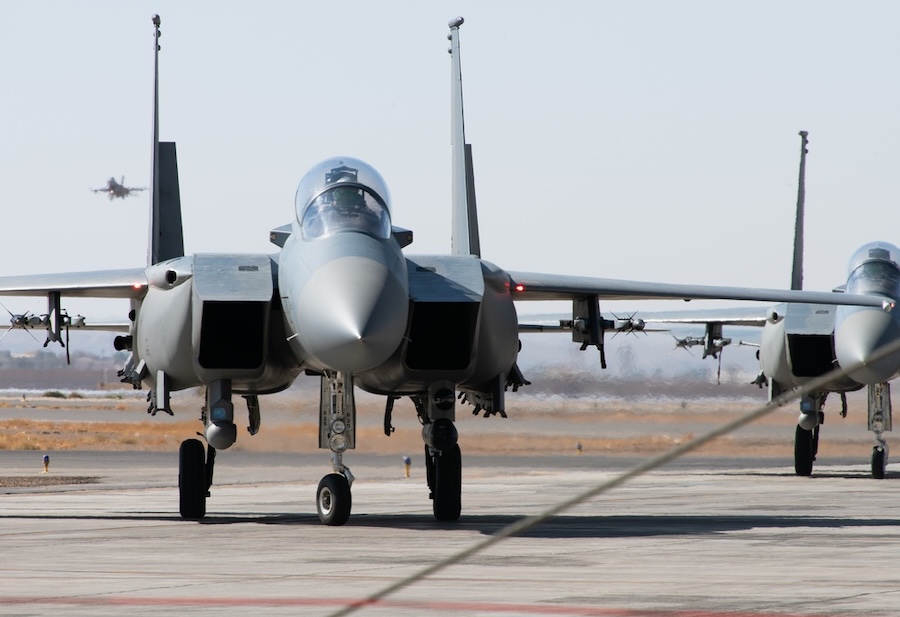“Maximum accuracy and realism in ground-based flight training is foundational to pilot safety and mission readiness,” said Todd Morar, vice president of Air and Commercial Solutions at Lockheed Martin. “As the manufacturer of all F-16 variants, Lockheed Martin uses the design and software data of the actual aircraft to deliver ground-based training experiences that are nearly identical to those in flight, while maintaining concurrency with the aircraft as technology evolves.”
Under the contract, nine F-16 flight simulators at Seosan and Chungju Air Bases will be modernised to the F-16V configuration. The agreement also includes continued support for contractor logistics services over six years.
Since 2001, aviators from 16 allied nations have trained using Lockheed Martin’s F-16 training systems. These training suites replicate systems, sensors and weapons, providing a total simulation-based training solution that can be networked to enable pilots to practise in diverse scenarios.
The F-16V configuration introduces advanced avionics, an Active Electronically Scanned Array radar, a modernised cockpit, and advanced weapons. These improvements bring the aircraft in line with the latest F-16 Block 70 standards.


